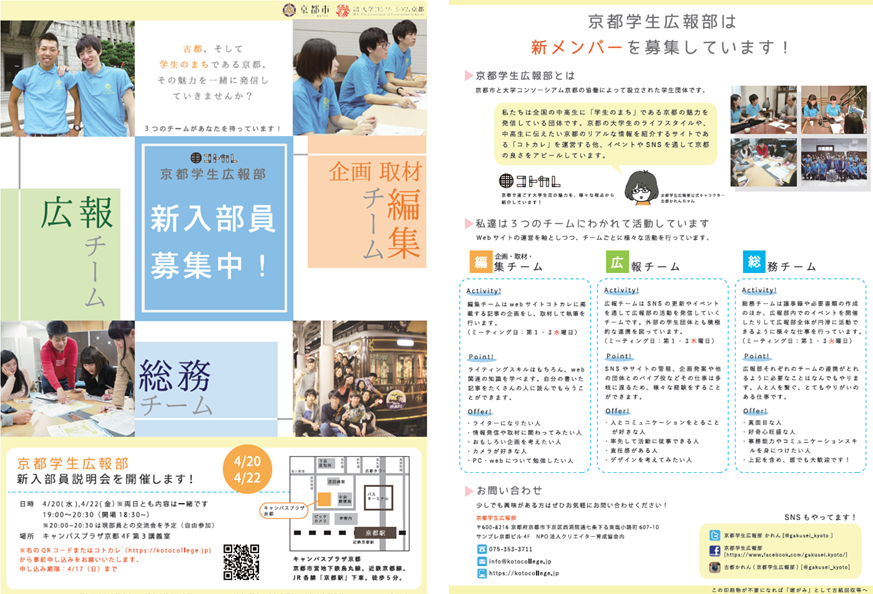The University Consortium Kyoto will hold the “Educational IR Forum” again this year in collaboration with Liasec Co., Ltd.
In this forum, the director of the Recruit Research Institute for Higher Education will talk about the importance and measures of “university education reform” in the reform of the high school-university connection system in a keynote speech, and in the case study presentations, two universities, the University of Tsukuba and Ritsumeikan University, will introduce the issues that have emerged from the measurement of effectiveness and the efforts to improve education until they actually change classes and education. We aim to be a place that contributes to the acceleration of reforms at universities in the Kyoto area and surrounding areas, and to the further spread and establishment of educational IR at universities in the future.
2016 Educational IR Forum
A transformative university! Changing education and classes from “visualization of learning outcomes”
~Educational reform initiatives and practical examples required of universities through “reform of the connection between high school and university”~
Date & Time: Saturday, July 30, 2016 13:00~17:00 (Doors open at 12:30)
Venue: Campus Plaza Kyoto, 5th floor, Lecture Room 1
Capacity: 150 (first-come, first-served basis)
Admission: Free
Eligibility: Faculty and staff of universities, junior colleges, vocational schools, etc.
* In particular, those who are involved in educational reform, FD / educational development, IR / inspection and evaluation, career education, university management, etc.
Organizers: Liasec Co., Ltd., University Consortium Kyoto
The program includes:
| base key Lecture perform |
Importance and Measures |
|
| Case Study Presentations | Chiku wave large knowledge |
Practical examples |
| stand life mansion large knowledge |
The Role and Practice |
|
How to apply (first-come, first-served basis)
●WEB application: Please apply from the application site (external link)
![]()
*Reception has been closed.
●Fax application: Please apply using the application form on the flyer
Inquiries about the Educational IR Forum
Liasec Corporation
TEL 03-6823-6138














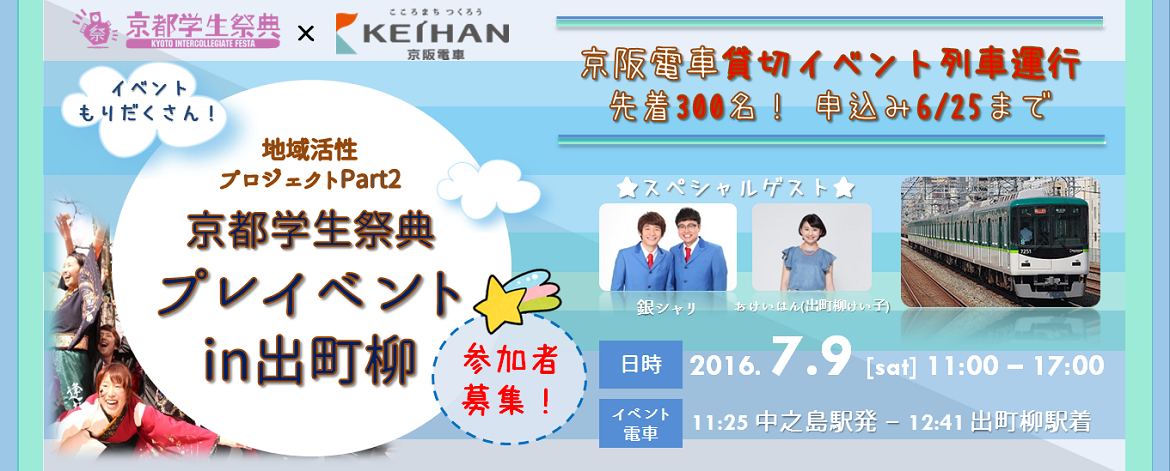
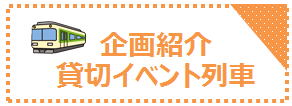

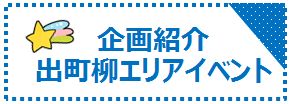







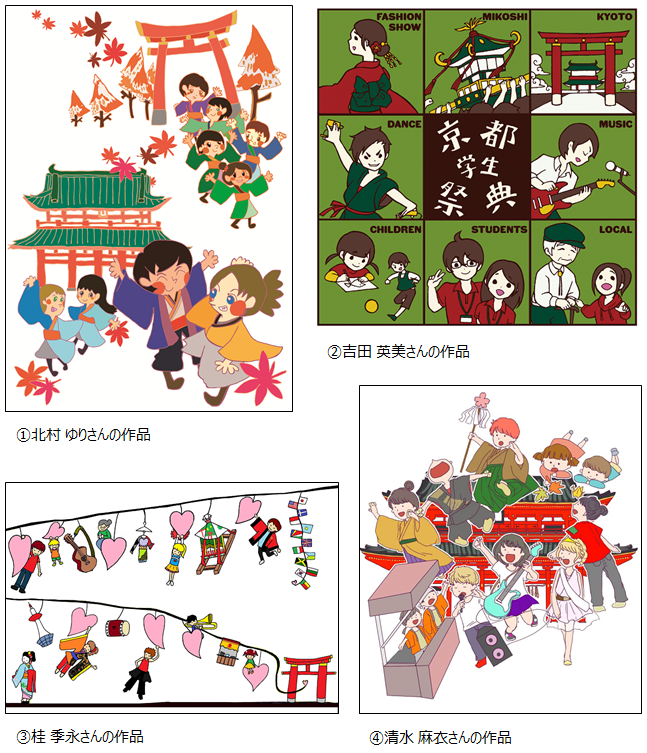

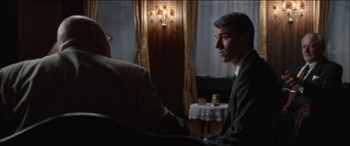

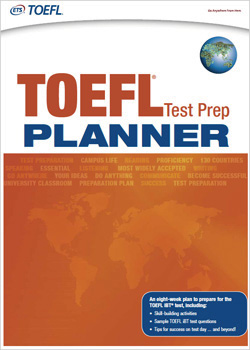

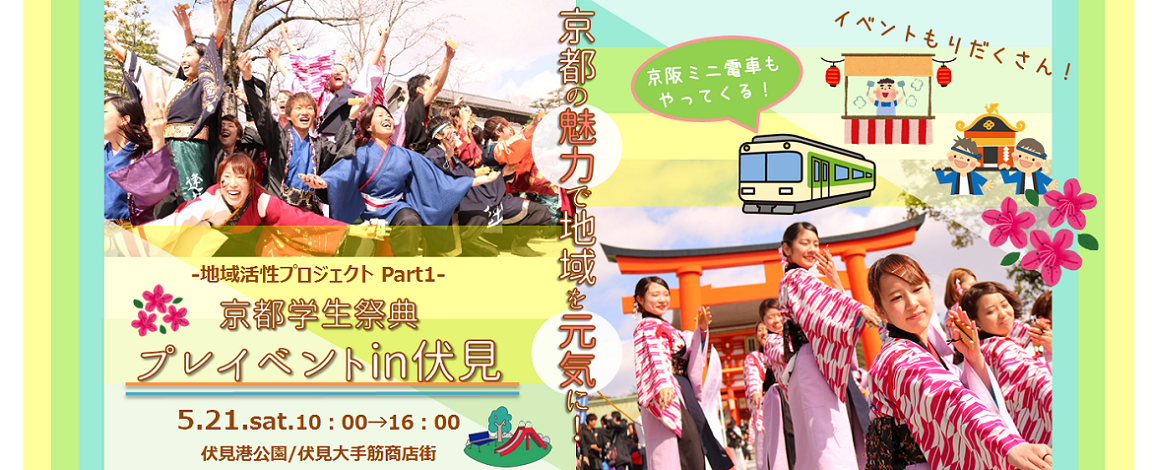
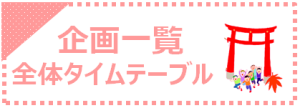

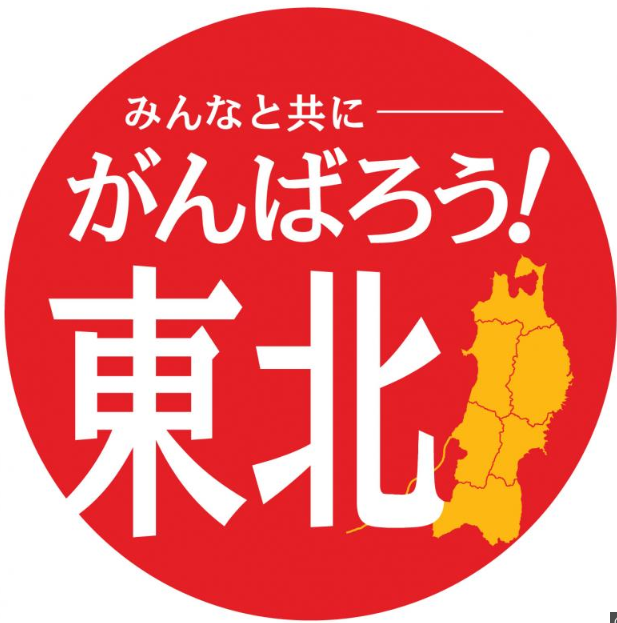 In 2013, two years after the Great East Japan Earthquake in 2011, most of the students in Kyoto, including the Kyoto Student Festival Executive Committee, had not yet seen the actual situation in Tohoku with their own eyes. This project was launched with the desire to see and feel this unprecedented disaster by going directly to the disaster area, and to think about what they can do.
In 2013, two years after the Great East Japan Earthquake in 2011, most of the students in Kyoto, including the Kyoto Student Festival Executive Committee, had not yet seen the actual situation in Tohoku with their own eyes. This project was launched with the desire to see and feel this unprecedented disaster by going directly to the disaster area, and to think about what they can do.



